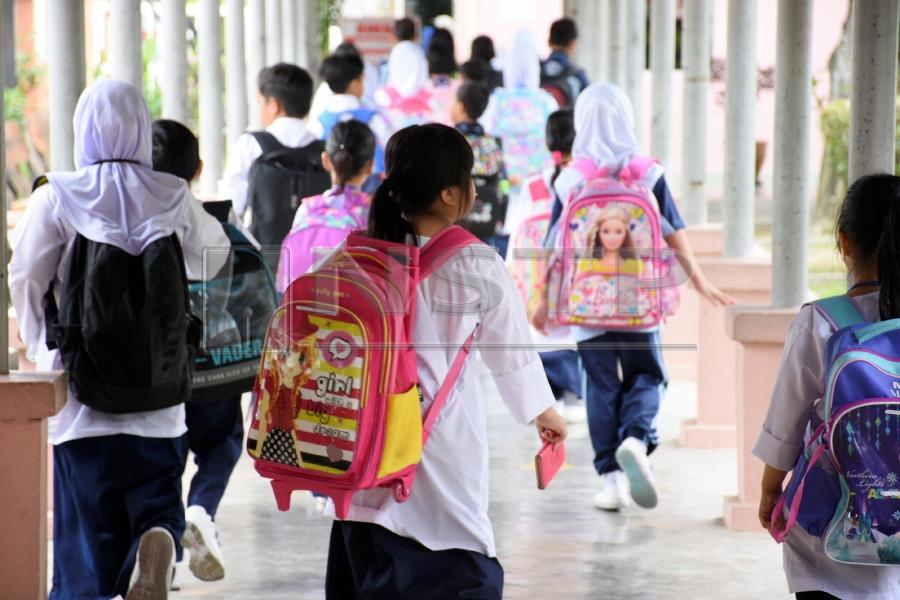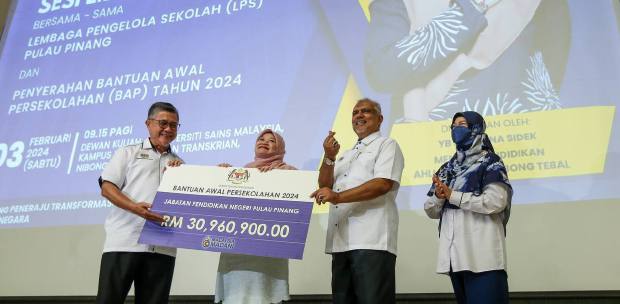From next year, mid-year and finals exams in Years One to Three pupils will be removed to make way for Classroom-Based Assessment (PBD). Here’s what parents need to know:
1: What did the Education Ministry mean when it announced that there would not be any exams for Level One Primary School pupils starting from 2019?
- No examinations means pupils in Years One to Three will not be sitting for any mid-year or year-end examinations to free them from the pressure to study for exams. Teachers will give more focus on character building through establishing a teaching and learning culture which is fun and meaningful.
2: If there aren't any exams, how will the teacher evaluate my child?
- Examinations is only one form of assessment. Assessment for your child will be done continuously as part of the teaching and learning process. You will know the strengths and weaknesses of your children and can decide on the type of support for them.
3. Is the assessment mentioned the same as the classroom-based assessment (PBD) that is being carried out currently?
- PBD was introduced in 2011 at primary schools. Starting from 2019, it will be reinforced for lower primary school pupils focusing on student learning. The learning approach will be fun and student centred to build and reinforce basic skills before they move on to the upper primary school level.
Focus will be on four skills which are reading, writing, counting and reasoning. Each pupil will have the opportunity to learn according to their ability. The consolidation of classroom-based assessment will be carried out through activities in the form of quizzes, games, role play, story-telling and simple projects.
4. How can the teacher focus on evaluating when there are more than 40 pupils in one class?
- The State Education Department and the District Education Office will give support to schools that have classes with more than 40 pupils each.
5: Will strong and weak pupils be placed in the same class?
- There will no longer be any requirement to stream pupils in lower primary levels. However, students can be grouped together in a class temporarily for remedial teaching purposes.
6: Previously, students were screened to identify those who cannot read, write and calculate through the LINUS Programme. Now that the programme is to end next year, what method will now be used?
- Schools will determine the appropriate screening according to the requirements. They will have the autonomy to implement teaching and learning method for students who have difficulty mastering reading, writing and counting skills.
7: What will I get in my child's report card?
- Meetings with parents will be at least twice a year. Your child’s learning development will be reported in the form of mastery level. It covers the strengths and weaknesses of the child. Teachers will make additional comments on the potential development, skills and personality of students.
8: Which teacher will be appointed as a classroom teacher to report the learning progress?
- Teachers who have most contact hours with students will be appointed as class teachers as they will know them to identify their strengths and weaknesses. Examples are those who teach Bahasa Melayu, English and Mathematics. Assessment will be implemented in a transparent and ethical manner. Teachers will use their professional judgment.






